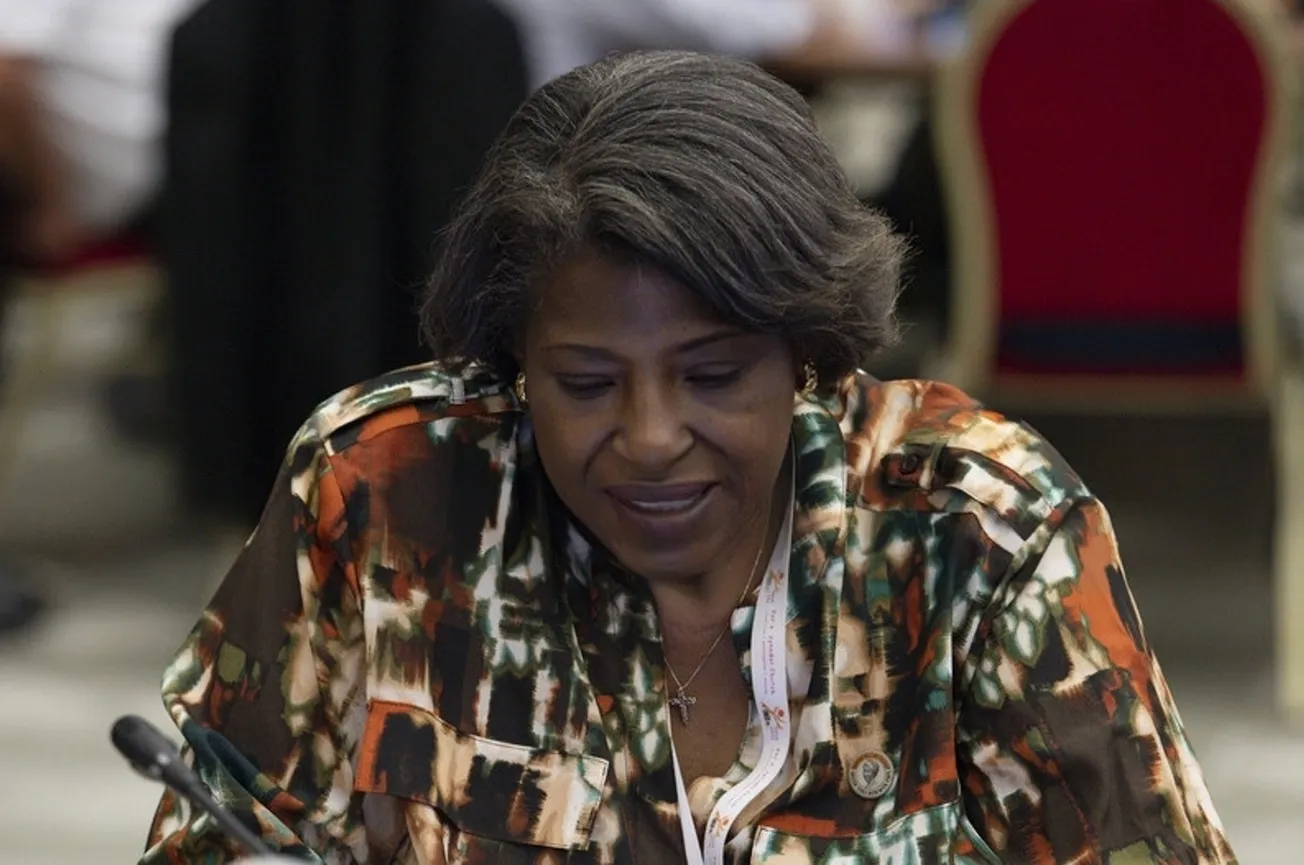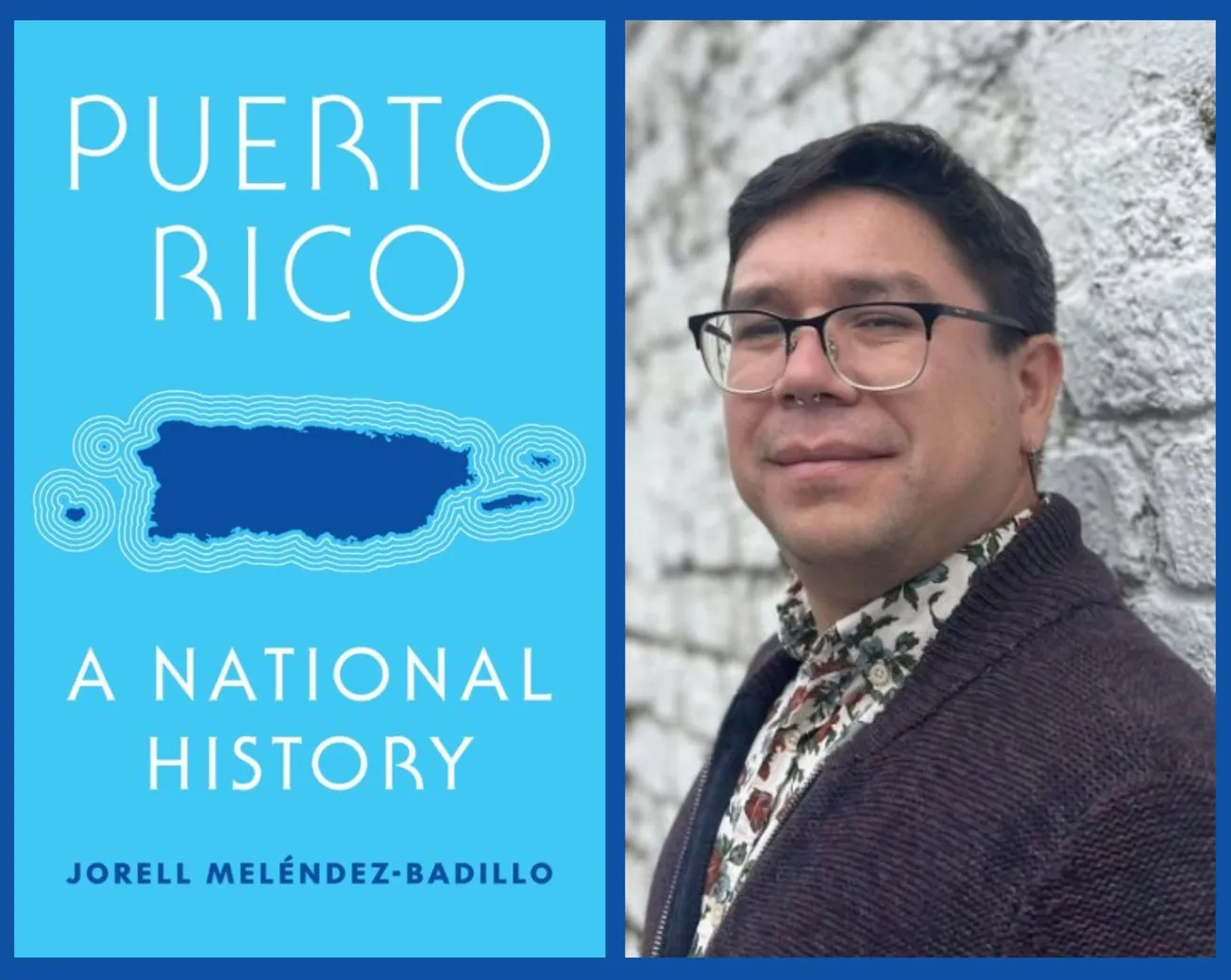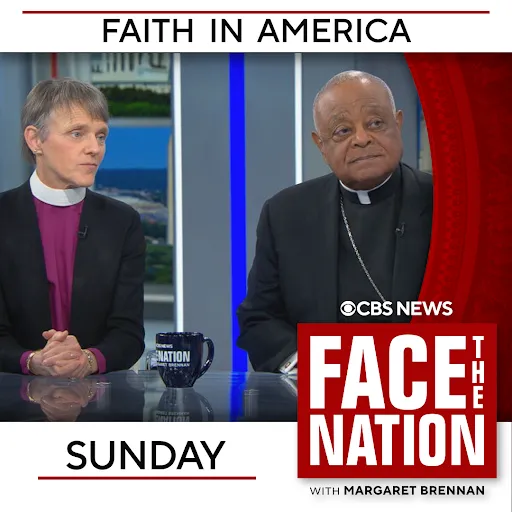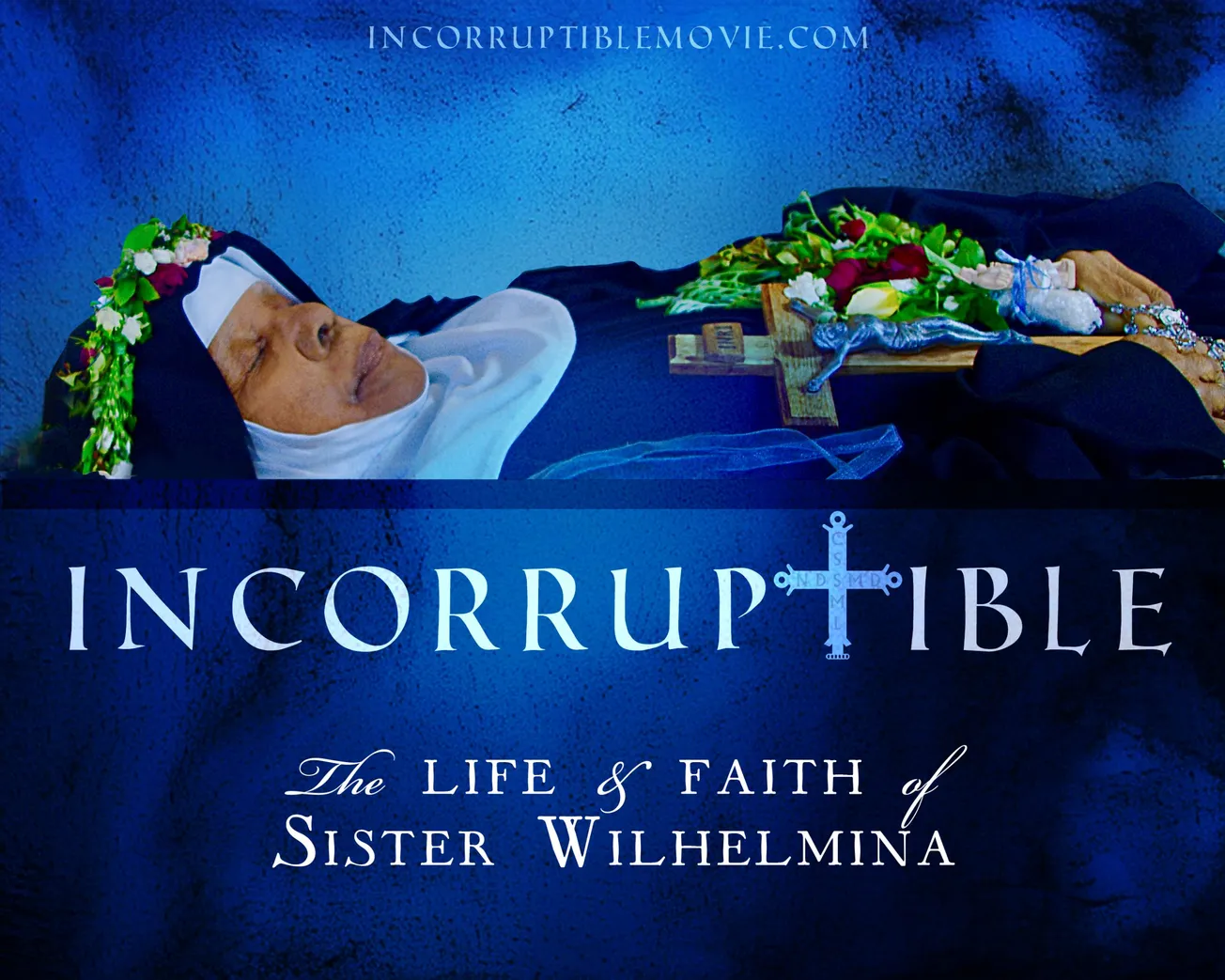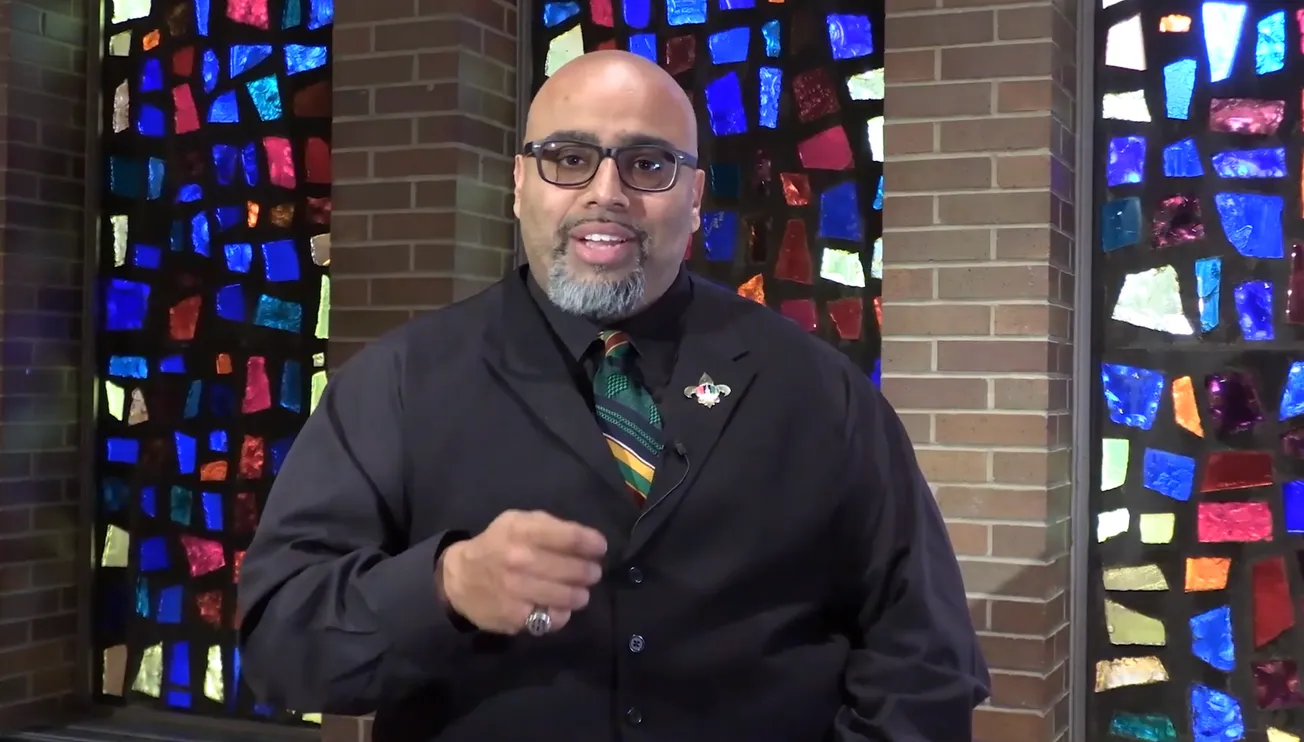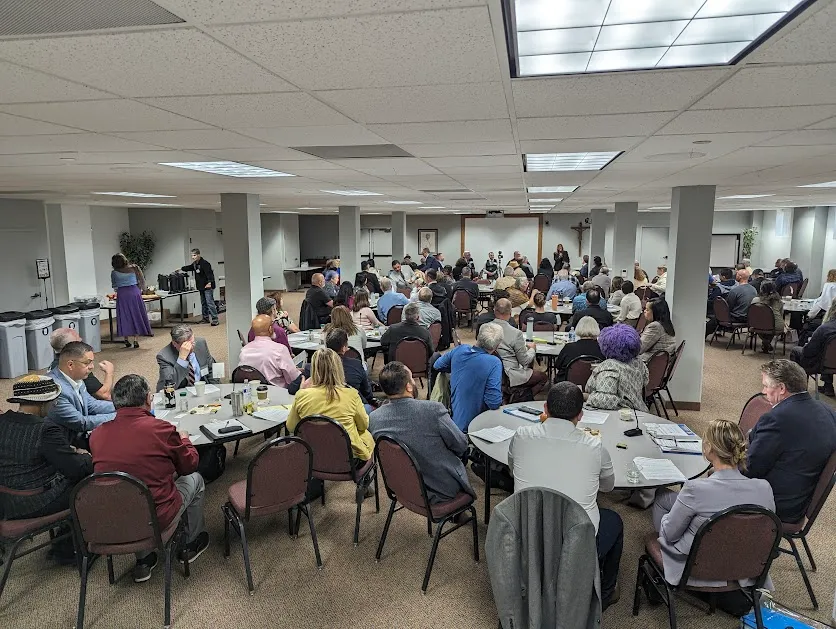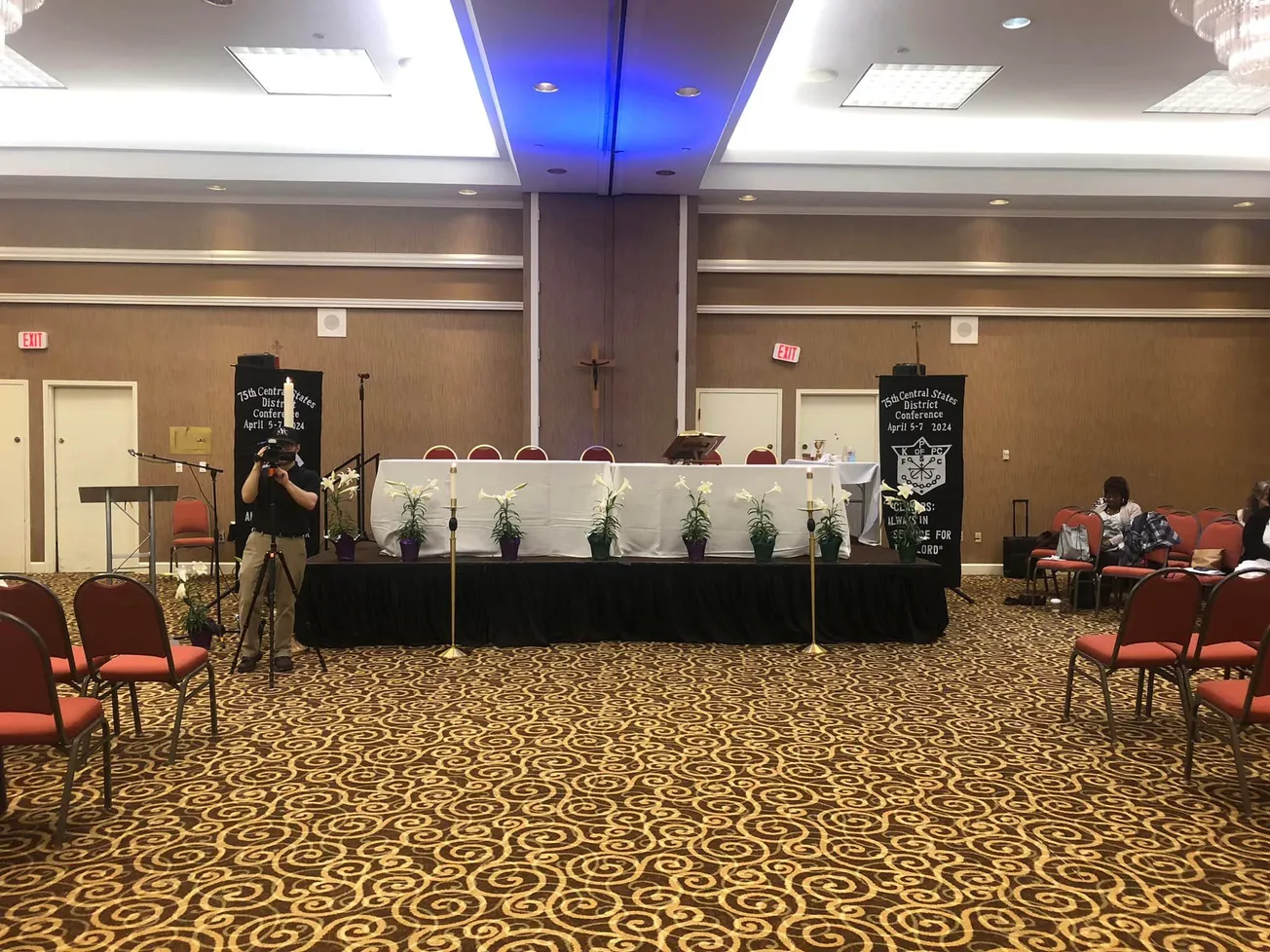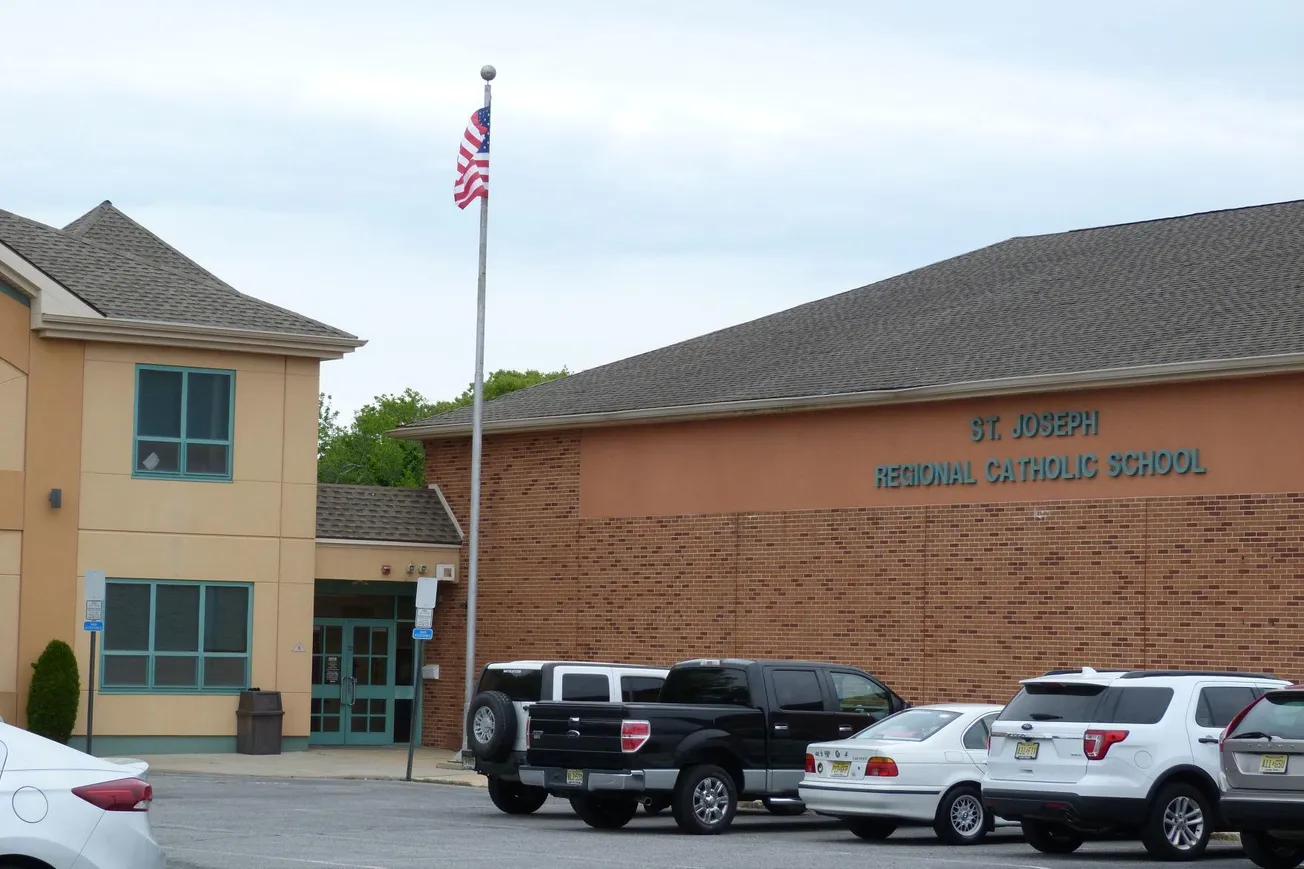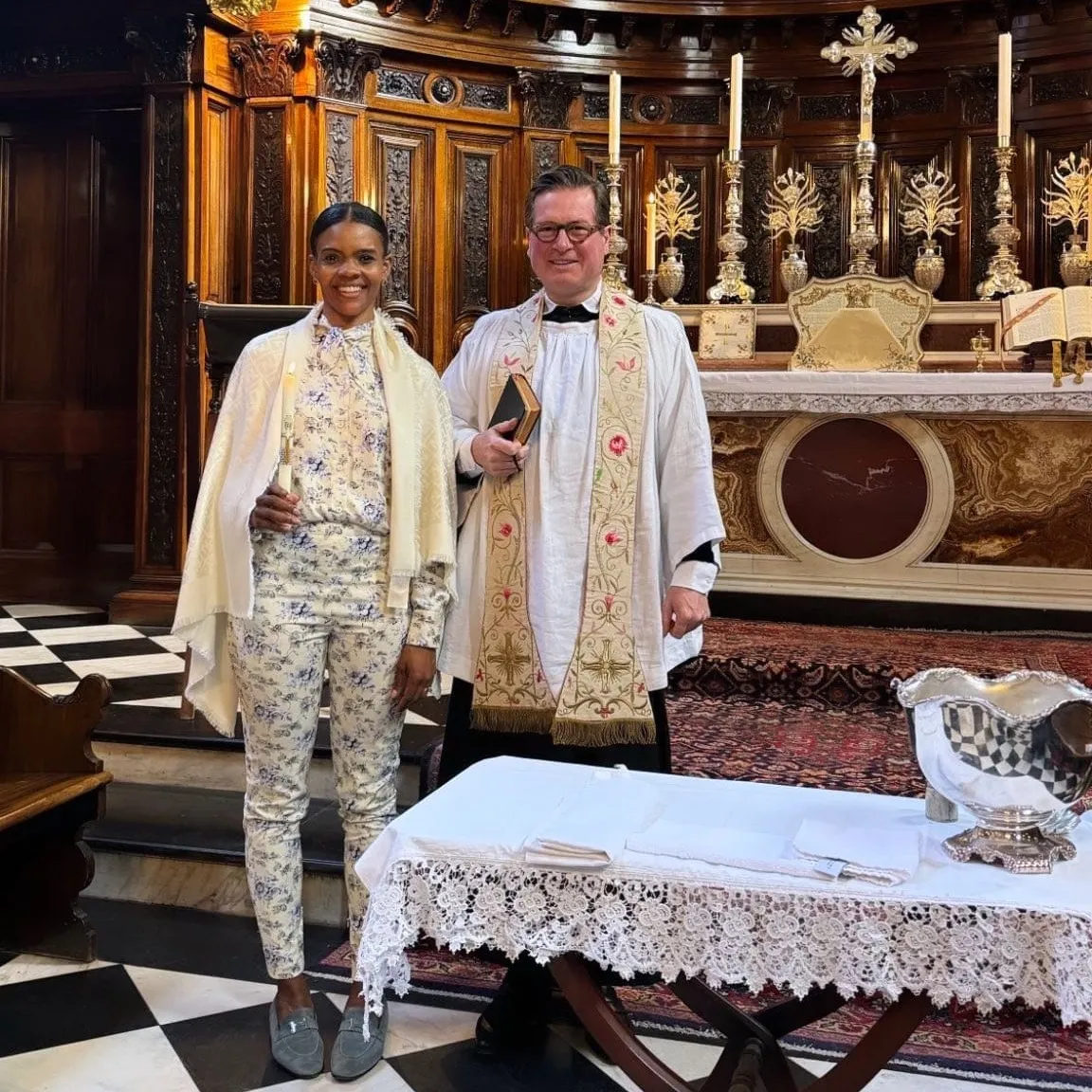The first session of Pope Francis’ Synod on Synodality took place in October, gathering hundreds of delegates from around the world and, for the first time ever, allowing laypeople to vote in the deliberations. Among them were many women, including Dr. Cynthia Bailey Manns, an African-American Catholic from St. Joan of Arc Catholic Church in Minneapolis.
Following her return from Rome, Dr. Manns agreed to sit down with Dr. Valerie Lewis-Mosley and Nate Tinner-Williams to discuss her experience at the historic meeting as a trained theologian, lay minister, and a Black Catholic laywoman.
This interview has been edited for length and clarity.
Nate Tinner-Williams: What was your experience as a participant at the Synod on Synodality?
Dr. Cynthia Bailey Manns: It was. a challenge to anticipate what it was going to be like. I’ve participated in things where there have been people from all over the world, like when I did the Week of Prayer for Christian Unity, so I had some sense, but I have never been in a position where it's mainly bishops and cardinals. And this was the first time that women and lay and religious brothers and sisters and deacons and priests have been there to vote.
I knew that whatever happened, based upon the “Conversations in the Spirit” process we had, it would be a place of transformation for me. I’m a spiritual director, so this process is integral to my ministry and I have great faith in it. So I was comfortable that if nothing else happened, I would be somewhat transformed just by the sacred stories I would hear. I believe that was the impact that was had on many other participants. So I was grateful for that. I felt welcomed, appreciated, and listened to.
One of the things that helped was that, in each of the group processes, the first question after we introduced ourselves was, “What do you want to be called?” With the exception, I think, of one bishop, everyone in my groups used their first name. That was a really nice leveling space. For everyone to enter on the same plane.
We worked incredibly hard. Monday through Saturday, then had Saturday afternoon off and Sunday and that was it. We had homework pretty much every night. So it was incredibly intense. Yet I'm grateful I got to participate. I think it was wonderful preparation for next year. We've all kind of gotten the sense of the lay of the land and now we’ll have a little jump start for October 2024.
Dr. Valerie Lewis-Mosley: What was it like coming into the space as an African-American woman?
CBM: So because of my background, being an army brat, and of being in corporate America, I’m used to a whole lot of being the first to do this kind of thing. The first in a sea of people who don't look like me, who don't expect me to fit in. So that did not make me uncomfortable [at the Synod]. And even though it was a large group, I think there was a sense of grace from most people, that we're all trying to figure this out; I have never been in this position and the bishops and cardinals have never been in this position. So I think there was a lot of grace extended on both hands.
You know, I wore my Sr Thea Bowman pen every single day. I just kind of stood in her spiritual authority. Because we had so much work to do, I didn't have the luxury of not voicing what needed to be said, or not showing up. I know that I was OK in that space. And the [synodal] process is just outstanding at making sure that no one is grandstanding, that even if you don't agree, you don’t get to hijack the process. The facilitators were outstanding.
People were respectful and we set up the process so that we had divergences, converges, tensions, and proposals, and everything could fit in one of those areas. So even if we didn't agree on what the outcomes should be for some topic, we stated what the tension was,
VLM: And personally, what was your sensibility about being in that space? With you being there, it represented a sort of intersectionalist as a laywoman, a Black Catholic laywoman. Did you feel a heavy weight knowing that there will or may be expectations of being a voice for so many other Black Catholics or so many other women or so many other laity?
CBM: I didn't feel burdened by that either, because I had done my homework. I had stories from other Black Catholics. I had stories from LGBTQ+ communities. I had stories that were important to this process and this was my opportunity to be the voice of people who weren’t there. So I didn't feel burdened by it. I felt like I was prepared to show up and do that.
I really felt like, one: people had helped prepare me to do this. Two: I was called to be there for a reason. Me. I was called, so I needed to show up and do that work and represent those different communities to the best of my abilities.
VLM: The reason I asked the question from that vantage point is because of so many voices with expectations. Even now, we see people's responses to the synod as a whole, showing that maybe they're not understanding or hearing that this was a listening-in, so to speak. I am dismayed that so many people were expecting that there would be some cataclysmic response, some massive change literally on the day of the closing of the synod session. To me, that was an unrealistic expectation. Did you feel the same thing about people's expectations?
CBM: I think that there are some unrealistic expectations and I think a lot of that has to do with how much people don't know about the synod. I think about my archdiocese, and the only input we had into the global synod was an online survey, because we were at the tail end of our own archdiocesan synod.
Secondly, in the U.S., there haven’t been a lot of places that have been participating in the Synod on Synodality. I was aware of it because I was a part of the continental stage, so I knew the scope of it and I knew more about what this process would be. I think we have to do a much better job of helping people understand that for next October. I think that will help manage some expectations.
VLM: What was the overall perspective or sensibility of those there at the synod from the U.S. Church? Did they have a sensibility that we sort of dropped the ball?
CBM: The U.S. Conference of Catholic Bishops has had information on their website, and webinars, and everything about the synod process since 2021. So that's been out there. I think the challenge is because it's diocese by diocese and they participate to the extent that they want to.
As delegates, we were prepped from the time we got that letter, and in sessions and in our retreat. We had created the community, so we were good. I can say, based upon all of the bishops and cardinals that I got a chance to be with—in terms of riding the bus and having lunch in dinner every day—there were always conversations about what we need to do differently or better.
I do know that the people who will continue to be a part of the delegation for 2024, they’ll be in their diocese doing whatever it is we’re supposed to be doing before October 2024, because we do have to have listening sessions. We do have to work with this synthesis document, so we know at least those people will be engaged in it.
NTW: I want to ask about that because I think that's for the people who weren't there. That's the main thing that we got out of it, this synthesis document. Looking at the votes of how each paragraph was determined is very interesting. What was that experience like? The voting and the outcomes of the votes. Was anything particularly notable for you there?
CBM: So we had five small groups that we each did for the month, on the various sections of the “Instrumentum Laboris.” Within each group that you were in, you had a worksheet that corresponded to your level of interest and your language. So once you're in that first group, you're working that worksheet. Then we give our individual three-minute fill on whatever in that worksheet is most important to us. Each person does that individually. So I would say my little thing, and then we'd get some time of silence, and then the next person, and we would do that until all 10 people have spoken. Then we take three or four minutes of silence and we come back and say, “Now, what did we hear from anybody else in the group that challenged us or resonated with us or that we want to know more about?”
While each person is talking, nobody else is talking. They don't have the ability to butt in; they don't have the ability to ask a question. After everybody's done that, we come back and say, ‘So what was the collective feel of what we heard? How do we move from ‘I’ (This is what's important to me) to ‘we’ (This is what's important to us).”
Within that, we listed what we could agree upon, where do we have some difference of opinion or ideology, how do we label that as tension or questions, and then what do we propose. So the table’s report is created and then you have two minutes to read that to the entire assembly of over 400 people. That is entered in the permanent document. So we do five of those and then there is a little longer statement that goes with the report, and it gives a little bit more detail; that gets entered into the permanent document too.
All of those documents are put together. Off to the side, we have people who are reading all these documents. We have experts on canon law. We have theologians. All of these documents are getting read and then there's a group that was charged to do a draft. We went through that draft paragraph by paragraph. Then we had over a thousand amendments—a sentence, an idea, or even a phrase we wanted to change, or we wanted to add something. They took all of that back and then came back with the final document. It took us over six hours to read it paragraph by paragraph. Then we voted it paragraph by paragraph. So that's how it was put together.
NTW: Was there anything that you wish could have been in the synthesis that was not included?
CBM: The biggest glaring thing that wasn't in there that was in the other document was the term “LGBTQ+.” There are a couple of places where it's in the document, but it doesn't explicitly say that, so the door is not shut. Part of the challenge there was we had a lot of African countries for whom this was just not even a conversation. This was just not something they believe in or something they're willing to vote for.
Yet, we've got a couple of places in the document where we're talking about gender ideology or how we need to look at the science. It was part of a proposal that we made, so that conversation will continue to come up again in 2024. We will have information on that before we go back. A “Theology of the Body” behind that.
And keep in mind that some people had valid concerns that since “LGBTQ+” did not get in this synthesis, would the pope know that it had been in all the other documents, including the one right before? Yes. He was there at least three times a week. He has access to every single document. There's no way that he can be cut out of the process; he is actually a voting member.
Each paragraph of the document had to be passed by a more than two-thirds vote, and the entire document had to be passed by more than a two-thirds vote. But I'd say that omission was the most concerning. Then the pope comes back and does something we never saw coming. He's really strategic, because in the beginning of October, there was this little inkling that maybe something with blessings of gay marriages was coming. It was kind of floated out there right from that dubia, and then on the 31st, he signs this thing about trans people getting baptized and gay couples’ children. And he met with the leader of New Ways Ministry while we were there.
NTW: As you said, the door is not closed.

VLM: I'm glad that you brought that conversation in. I think of the recent pastoral authority given by Germany for pastoral lay leaders to be more engaged in the baptismal initiation, the delivering of the sacrament. I’m curious: do you think that that may even be sort of a side component of the Holy Father's October 31 action in reference to this issue and baptism?
CBM: I don't know. I do know that we have women who are in the Amazon region who are currently baptizing babies and children and adults, because the bishops in their areas don't have enough priests.
NTW: Speaking of women: you mentioned you wore a lapel pin while you were there with Servant of God Thea Bowman on it, so that everybody there at this global synod would see this powerful woman and also so that she would give you the strength to, as you said, stand in her authority, representing the African-American community. I also know you were able to give a pin to Pope Francis, which is also very historic.
CBM: You know, it was really amazing because he is pretty much what you see when you see him on TV. He's funny. He has this quick smile. He is also pretty firm. While we were there, he gave a talk on clericalism in front of all these bishops and cardinals. I was like, “Whoa.” When I think of him, I think of the kind of pastor you want to have. That's what it felt like.
If he was there in the synod hall, by the time we got there in the morning, there's a line of people to meet him and he would stand in line or sit down and chat with people for as long as he had the ability to do that before they said we gotta get to work. He was gracious. When I got the pictures back, I remembered talking to him and showing him the pin, pointing to it. There was a point where he reached up and touched the pin. Then there's a wonderful picture of the two of us with linked hands as I’m exchanging the pen with him.
VLM: You know, nothing like that's ever happened before, I don't think.
CBM: He was just so gracious about that. I mean, he just took picture after picture with people. There's also the picture of him with all the women.
I was not prepared for all the things that I didn't even have the capacity to think about, like the opening ceremony having the laypeople be in the front of the processional, in front of the bishops. I had never thought about that, and the same thing at the closing in the basilica. That was just crazy, to be able to participate in something like that.
VLM: I thought that it was an appropriate address. Cardinal McElroy of San Diego does an accounting of how the women of Vatican II were relegated to the back of the room, and weren’t given an opportunity to even have seating. So to then have the laity be front and center at the synod liturgical celebrations meant a lot. I thought it was a great counter.
CBM: It's interesting because you're in the moment of it, even though you know this is history being made. I mean, both times that I signed that document that is now in the Vatican Archives was just like, “Oh my gosh.” That is just very surreal. Very surreal.
VLM: I can only think of Fr Cyprian Davis, OSB, because he did so much work on history retrieval. I can remember him saying how important it was for us to know that, even if you never got a response from the Vatican, when you send a letter or note or something to the Vatican, that documentation is entered into the archives. He references a historical letter from a woman, I think she was from New York and it may be the late 1800s or early 1900s. A Black Catholic woman who was addressing the manner of how U.S. Black Catholics were being ignored by the Church. And when he went in to do this archival research and was given the privilege to go through some of those archival things there at the Vatican, he saw this actual letter from this woman. So to know that in years to come, generations to come, your name will be there in the Vatican Archives.
CBM: That is just weird. It's just so weird.
Well, thank you, as always, for always being so on point with everything. Did I answer all your questions?
NTW: You certainly did. I appreciate you speaking with us both, and also for your work with the synod, which is ongoing.


